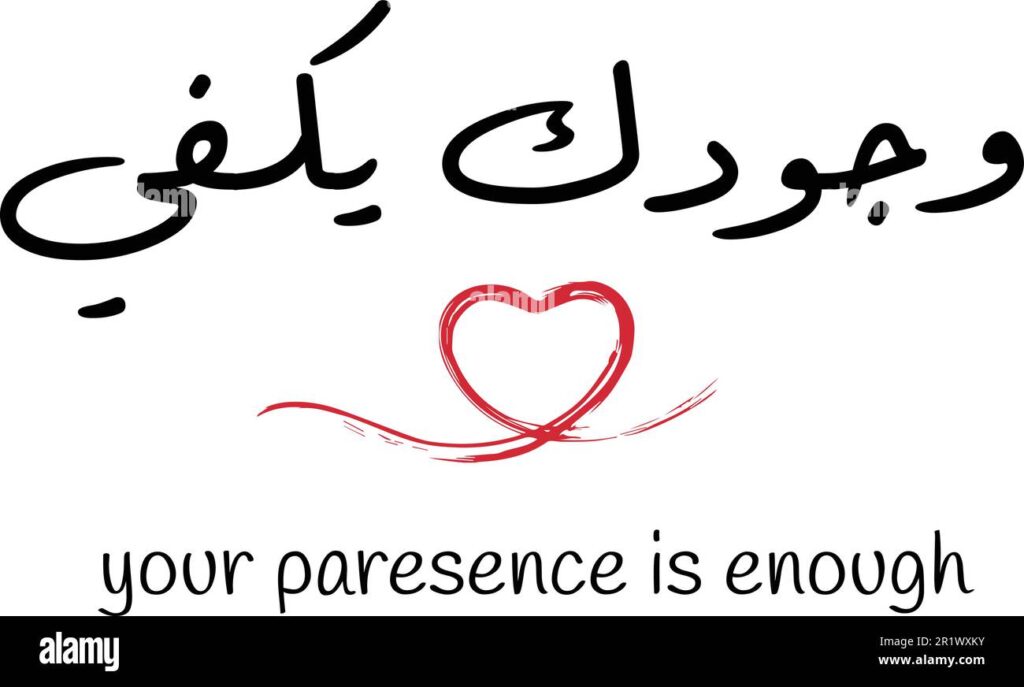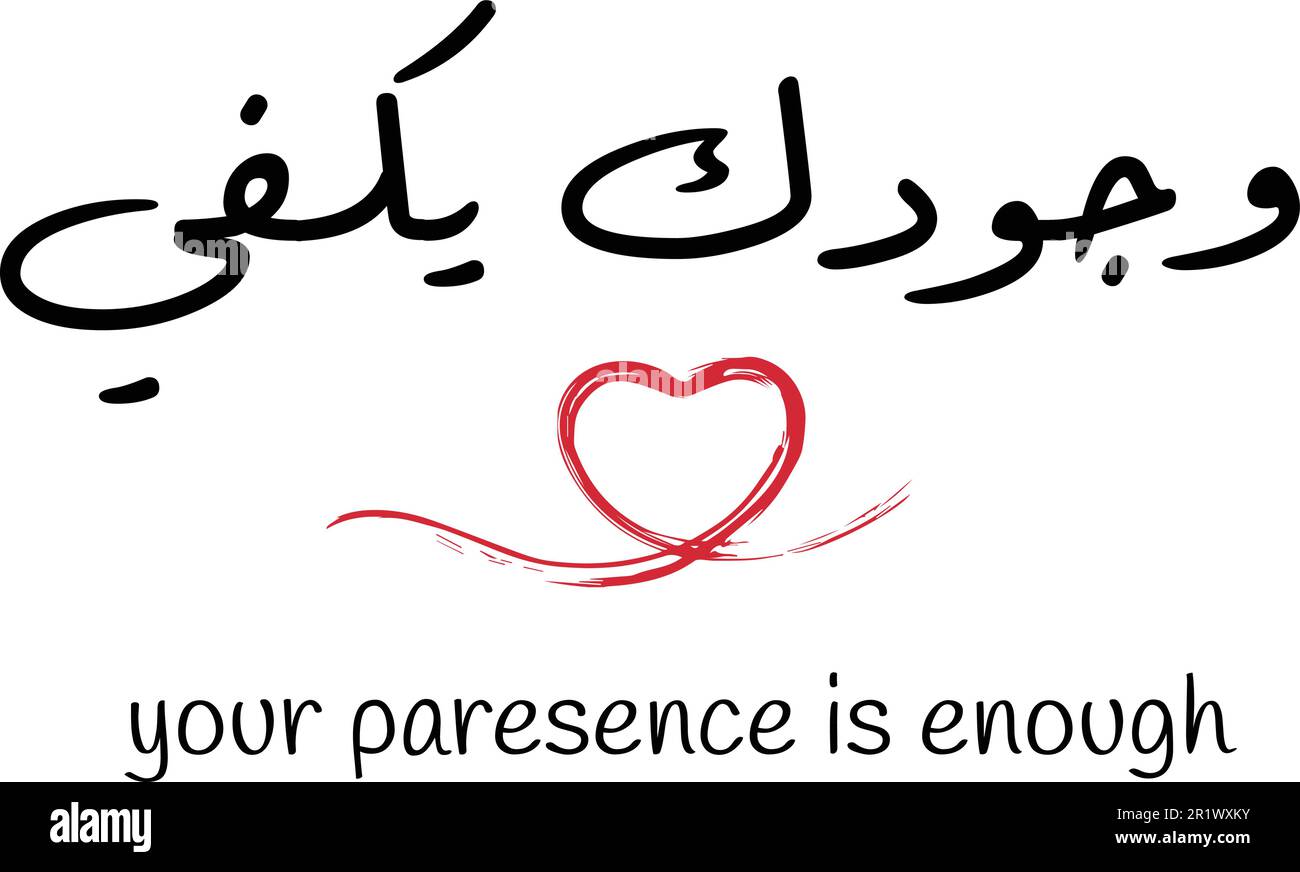
Unveiling Wisdom: Exploring the Beauty and Meaning of Arabic Quotes in English Translation
The Arabic language, rich in history, culture, and poetic expression, has gifted the world with a treasure trove of wisdom. This wisdom is often encapsulated in beautiful and profound Arabic quotes, which, when translated into English, offer a glimpse into the heart of Arab thought and philosophy. This article delves into the captivating world of Arabic quotes in English translation, exploring their origins, significance, and the enduring lessons they impart. We will examine the nuances of translation, the cultural context, and the impact these quotes have had on individuals and societies across the globe.
The allure of Arabic quotes in English translation lies not only in their linguistic beauty but also in the depth of meaning they convey. They often reflect on themes of love, loss, resilience, justice, and the human condition, offering insights that transcend cultural boundaries. Understanding these quotes allows us to connect with a different perspective, fostering empathy and broadening our understanding of the world.
The Art of Translation: Bridging Cultures
Translating Arabic quotes in English translation is a complex art. It requires not only linguistic proficiency but also a deep understanding of the cultural context in which the quote was originally spoken or written. The subtle nuances of the Arabic language, with its rich vocabulary and poetic structures, can be challenging to convey accurately in English. Translators must carefully consider the intent of the original speaker or writer, the historical background, and the specific audience for whom the translation is intended.
One of the main challenges is preserving the poetic rhythm and beauty of the original Arabic. Many Arabic quotes rely on intricate wordplay, metaphors, and alliterations that are difficult to replicate in English. Translators often make choices that prioritize either literal accuracy or stylistic elegance, depending on the specific goals of the translation. The best translations, however, strike a balance, capturing both the meaning and the spirit of the original quote.
Iconic Arabic Quotes and Their English Translations
Let’s explore some iconic Arabic quotes in English translation, along with their meanings and contexts:
- “الصبر مفتاح الفرج” (Al-sabr miftah al-faraj) – “Patience is the key to relief.” This proverb emphasizes the importance of patience and perseverance in the face of adversity. It suggests that by enduring difficult times with grace, one can eventually find a solution or overcome the challenges they face. This is a core tenet of many cultures where Arabic quotes in English translation are valued.
- “من جدّ وجد” (Man jadda wajada) – “He who strives, succeeds.” This quote highlights the value of hard work and dedication. It suggests that success is not a matter of luck but rather the result of consistent effort and determination. This is a motivational saying often repeated in educational settings and emphasizes the importance of diligence, a common theme in Arabic quotes in English translation.
- “لا يأس مع الحياة، ولا حياة مع اليأس” (Laa yasa ma’a al-hayaat, wa laa hayaata ma’a al-yass) – “There is no despair with life, and no life with despair.” This powerful statement encourages optimism and hope. It suggests that as long as there is life, there is always a chance for positivity and that despair is the antithesis of a fulfilling existence. This is a particularly relevant quote in today’s world, where finding Arabic quotes in English translation can offer solace.
- “العلم نور” (Al-‘ilm nuur) – “Knowledge is light.” This quote celebrates the importance of education and intellectual pursuit. It emphasizes the transformative power of knowledge, suggesting that it illuminates the path to understanding and enlightenment. The pursuit of knowledge is a recurring theme in Arabic quotes in English translation.
- “إذا أردت أن تطاع فأمر بما يستطاع” (Idha aradta an tutaa fa’mur bima yustataa) – “If you want to be obeyed, command what is possible.” This quote offers practical advice on leadership and management. It suggests that effective leadership requires setting realistic expectations and giving achievable commands. It highlights a practical aspect of leadership, which is often reflected in Arabic quotes in English translation.
The Cultural Significance of Arabic Quotes
Arabic quotes in English translation are not merely linguistic exercises; they are windows into the rich cultural heritage of the Arab world. They reflect the values, beliefs, and traditions that have shaped Arab societies for centuries. These quotes often provide insights into the Arab world’s history, literature, and philosophical traditions. They can be found in various forms, from poetry and prose to everyday conversations.
The use of Arabic quotes in English translation allows people from different cultural backgrounds to connect with and appreciate this rich heritage. They are often used in literature, film, and art to portray the Arab world’s beauty and complexity. They are also used in educational settings to teach students about the Arabic language and culture. Through these translations, a broader audience gains access to the wisdom of these cultures.
The Enduring Appeal of Arabic Wisdom
The enduring appeal of Arabic quotes in English translation lies in their timeless relevance. The themes they address – love, loss, justice, and the human condition – are universal. They resonate with people of all backgrounds and cultures, offering solace, inspiration, and guidance. These quotes often serve as reminders of the shared human experience, bridging cultural divides and fostering understanding.
These quotes are frequently shared on social media, used in motivational speeches, and incorporated into daily conversations. Their ability to convey complex ideas in a concise and memorable way makes them easily accessible and widely appreciated. Their popularity shows the importance of Arabic quotes in English translation in today’s diverse world.
Where to Find Arabic Quotes in English Translation
Finding accurate and well-translated Arabic quotes in English translation is easier than ever. Numerous online resources offer a wide selection of quotes, along with their original Arabic text, transliterations, and explanations. These resources often include:
- Online Databases: Websites and databases dedicated to Arabic literature and proverbs offer extensive collections of quotes with English translations.
- Books and Anthologies: Many books feature collections of Arabic quotes, often with detailed annotations and cultural context.
- Social Media: Platforms like Twitter, Instagram, and Facebook are filled with accounts that share Arabic quotes in English, often with beautiful visuals.
- Language Learning Apps: Some language learning apps include sections on Arabic proverbs and quotes, helping learners expand their vocabulary and understanding of the culture.
The Impact of Arabic Quotes on Modern Society
Arabic quotes in English translation have a significant impact on modern society. They provide a powerful tool for cross-cultural understanding. By sharing these quotes, people can gain a greater appreciation for the Arab world’s values and perspectives. They can challenge stereotypes and promote empathy. These quotes can also be used to inspire positive change and promote social justice.
They are also used in various settings, including education, business, and the arts. In education, they can be used to teach students about Arabic language, culture, and history. In business, they can be used to foster relationships with Arab partners and clients. In the arts, they can be used to create compelling narratives and inspire creative expression. The impact of Arabic quotes in English translation continues to grow.
Conclusion: Embracing the Wisdom
The exploration of Arabic quotes in English translation offers a journey into a world of profound wisdom and beauty. These quotes provide valuable insights into the human condition, the importance of perseverance, and the power of knowledge. By embracing these quotes, we can broaden our understanding of different cultures, foster empathy, and draw inspiration from the timeless lessons they impart.
The continued availability of Arabic quotes in English translation ensures that this wisdom will continue to inspire and resonate with people worldwide for generations to come. The continued interest in these quotes demonstrates their lasting relevance and the importance of cross-cultural understanding.
[See also: The Beauty of Persian Poetry: Exploring Rumi’s Quotes in English Translation] [See also: Understanding Islamic Art: A Guide to its Symbols and Meanings] [See also: The Significance of Arabic Calligraphy: Art, Language, and Culture]


